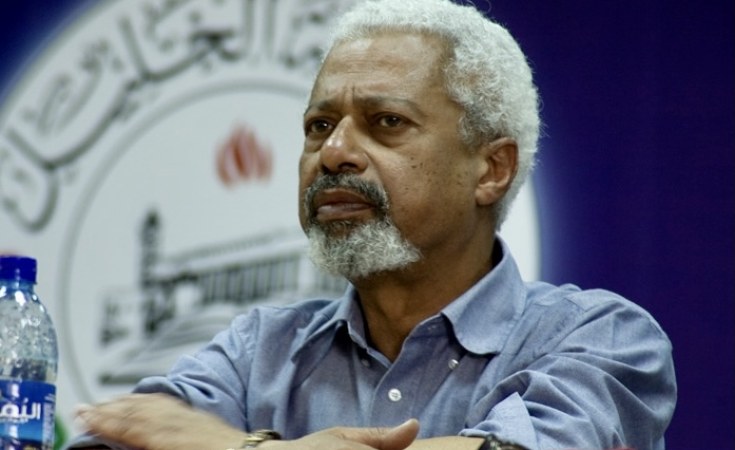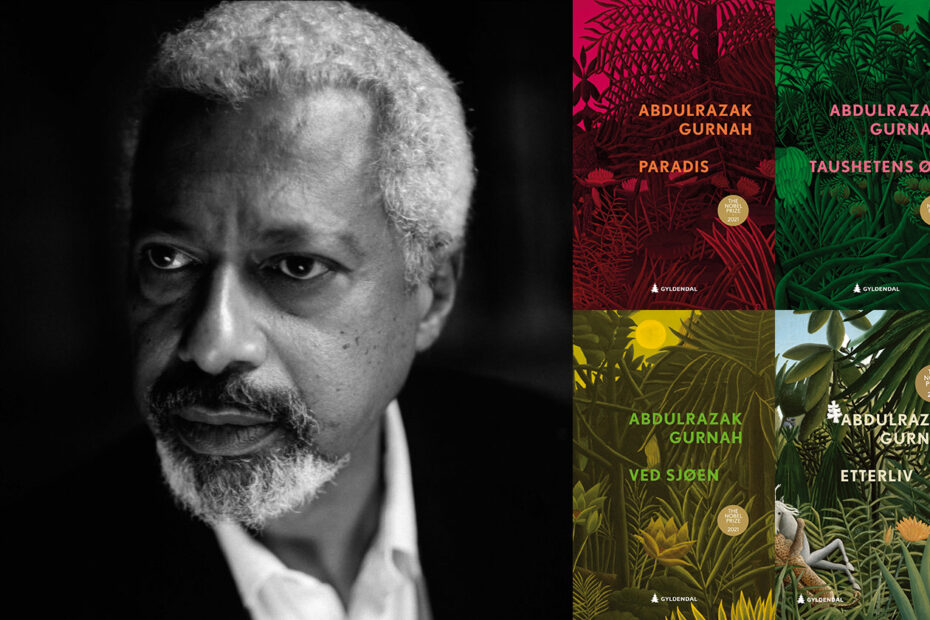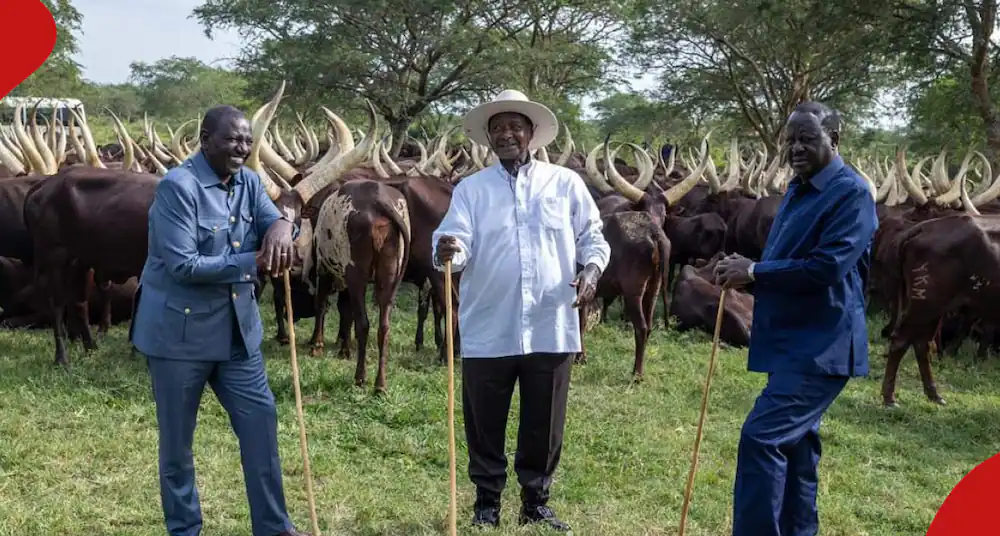Abdulrazak Gurnah, born in Zanzibar now known as Tanzania in 1948 and later settling in England, is known for his powerful stories about the impact of colonialism and the struggles of refugees. Despite Swahili being his first language, he wrote in English, drawing from various literary traditions. Growing up amidst political turmoil in Zanzibar, Gurnah left for England in the late 1960s. He studied in the UK, eventually becoming a respectable professor in English and postcolonial literature at the University of Kent. His works explore the effects of colonialism and the challenges faced by immigrants and refugees. In 2021, Gurnah received the Nobel Prize for Literature for his compassionate portrayal of these themes. His writing illuminates the human experience, bridging cultures and histories through storytelling.
Facts about Abdulrazak Gurnah
Books
Memory of Departure (1987)
Pilgrims Way (1988)
Dottie (1990)
Paradise (1994)
Admiring Silence (1996)
By the Sea (2001)
Desertion (2005)
The Last Gift (2011)
Gravel Heart (2017)
Afterlives (2020)
Short Stories:
My Mother Lived on a Farm in Africa (2006)
Other Contributions:
Edited two volumes of Essays on African Writing
Editor of A Companion to Salman Rushdie (Cambridge University Press, 2007)
Contributing editor to Wasafiri magazine since 1987
Accolades:
Elected a fellow of the Royal Society of Literature in 2006
Writings by Abdulrazak Gurnah
Gurnah started writing at around 21 years old. His first novel, “Memory of Departure” (1987), finished in 1973. However, it took 12 years to find a publisher, leading to numerous revisions during that period. The story follows 15-year-old Hassan in coastal East Africa, dreaming of a better life in Kenya but facing unexpected challenges upon arrival.
“Paradise” (1994), is Gurnah’s fourth novel, and was a turning point in his literary works. Set in early 20th-century East Africa, it describes the journey of 12-year-old Yusuf. He was sold to a trader by his father. His adventures reveal the transformation of traditional life due to colonialism’s influence.
“By the Sea” (2001) tells the story of an elderly Muslim refugee who assumes a new identity to seek asylum in England. His path crosses with the son of the man whose identity he’s taken.
“Desertion” (2005) describes the impact of colonialism on love and relationships. Beginning with an English scholar’s affair in 19th-century East Africa, it spans generations.
“In Afterlives” (2020), Gurnah examines the harshness of German colonialism in early 20th-century East Africa. The lives of characters like Ilyas, Hamza, and Afiya highlight the enduring effects of this historical period on Tanganyika people.
Gurnah wrote other remarkable works, including “Pilgrims Way” (1988), “Dottie” (1990), “Admiring Silence” (1996), “The Last Gift” (2011), and “Gravel Heart” (2017). He was an editor to other remarkable publications such as “Essays on African Writing 1: A Re-evaluation” (1993), “Essays on African Writing 2: Contemporary Literature” (1995), and “The Cambridge Companion to Salman Rushdie” (2007).
Wasafiri Magazine
His involvement with the literary magazine Wasafiri, which started in 1984, was extensive. He took up the role of an editor, contributor, and advisory board member. In recognition of his contributions, Gurnah was honored as a Fellow of the Royal Society of Literature in 2006.
He edited two volumes of Essays on African Writing and authored articles on contemporary postcolonial writers like V. S. Naipaul, Salman Rushdie, and Zoe Wicomb. His editorial role extended to “A Companion to Salman Rushdie” (Cambridge University Press, 2007).
Gurnah supervised research projects exploring the works of Rushdie, Naipaul, G. V. Desani, Anthony Burgess, Joseph Conrad, George Lamming, and Jamaica Kincaid. Among his acclaimed novels, “Paradise” (1994) earned recognition by being shortlisted for both the Booker and Whitbread Prize. “Desertion” (2005) and “By the Sea” (2001) achieved acclaim, with the latter longlisted for the Booker and shortlisted for the Los Angeles Times Book Award.
Nobel Prize winner in Literature 2021
His exceptional contributions to literature earned him the Nobel Prize in Literature for 2021, praised for his insightful exploration of colonialism’s impact and the plight of refugees navigating diverse cultures and continents.
Tanzanian Abdulrazak Gurnah, won 2021’s Nobel Prize for Literature and is still regarded as one of the world’s great writers – the Nobel award simply confirmed this assertion.
The announcement of Tanzanian Abdulrazak Gurnah winning the Nobel Prize for Literature that year was a joy in Africa. It was an opportunity for Africa to showcase their increasing influence towards the literary community. More so, among the general public in the East African countries of Tanzania, Uganda, and Kenya.
On October 7, 2021, the Swedish Academy announced,
“The Nobel Prize in Literature for 2021 is awarded to the novelist Abdulrazak Gurnah, born in Zanzibar and active in England, ‘for his uncompromising and compassionate penetration of the effects of colonialism and the fate of the refugee in the gulf between cultures and continents”
Swedish Academy
The committee admired his ability to move away from typical descriptions, showcasing a culturally diverse East Africa unfamiliar to many worldwide.
This Nobel Prize in Literature marked the first recognition for someone from East Africa. Before this, four African writers won the award: Wole Soyinka from Nigeria, Naguib Mahfouz from Egypt, and Nadine Gordimer and John Maxwell Coetzee from South Africa. Gurnah’s achievement adds up to five African laureates in total.
Two Worlds Apart: United Kingdom and Tanzania

Caught between two worlds, Abdulrazak Gurnah was born in Zanzibar in 1948. Escaping the island’s chaos after the 1964 revolution led by Abedi Karume and executed by John Okello, he sought refuge in the UK.
The revolution marked the dominance of Omani Arabs and displaced Sultan Jamshid Bin Abdalla. Who also sought exile in the UK until 2020 when he returned to Oman. Gurnah pursued education in the UK, attending Christ Church College, Canterbury, and later earning a PhD from the University of Kent.
Reacting to his recent award, Gurnah emphasized the invaluable contributions refugees bring to European nations. He highlighted the misconception of scarcity, asserting that refugees arrive not only out of necessity but also with talents and energy to offer.
As a professor and director of graduate studies at the University of Kent, he specialized in authors like Wole Soyinka and Ngugi wa Thiong’o. Unique African writers who value culture and language as a backbone of decolonization. Gurnah’s scholarly focus extended beyond Africa, examining postcolonial writing in India and the Caribbean. He earned immense respect from successful writers such as Salman Rushdie, V.S. Naipul, and prominent British literary figures for his wide-ranging interests and insights.
Abdulrazak Gurnah’s Literary Impact and Personal Aura
When invited to an international development and culture festival in London in 2021, the world realized the human aspect of his writing. Travelling graciously from Kent, he captivated the audience by reading from his novel “Paradise.” He engaged the audience in Kiswahili revealing a man who exuded self-confidence and spoke softly.
Gurnah’s writing is unique offering readers to unexpected and unrecognized worlds while strangely feeling familiar. His style is brief, crafting unforgettable characters and how they relate to the outside world. Each line in his prose feels crucial; changing it could shift the entire meaning of his work.
For those acquainted with his work, Abdulrazak Gurnah has always been hailed as a distinguished writer. The Nobel Prize simply affirms what readers have long recognized. His main ideas reveal people dealing with different identities in new places while their past changes. This connects strongly to today’s world where conflicts, money troubles, and persecution make many leave their homes. Gurnah goes deep into what makes us human.



